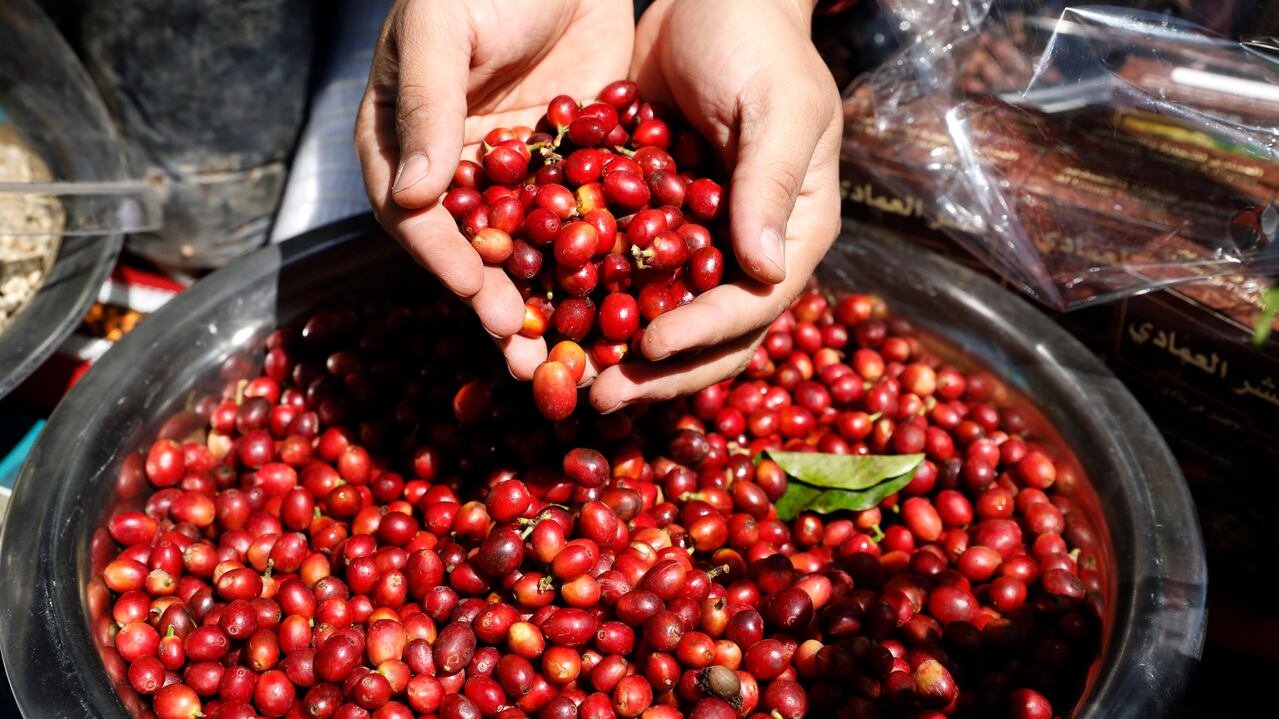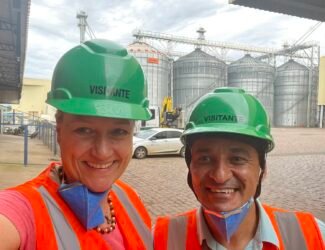
from Bean to Biofuel: How Coffee By-Products are Driving Sustainability in Coffee-Producing Regions
In coffee-producing regions worldwide, by-products like husks, pulp, and spent grounds have long been regarded as waste. However, these discarded materials are now being repurposed to create valuable resources, driving economic growth and sustainability in areas dependent on coffee cultivation. The transformation of coffee by-products into biofuels and other eco-friendly products is offering fresh economic opportunities while addressing pressing environmental challenges.
Coffee By-Products: A Resource Often Overlooked
Each year, the coffee industry generates about 40 million tonnes of biomass, including husks, pulp, mucilage, and silverskin. Traditionally, this by-product waste has been discarded, contributing to pollution and environmental degradation in coffee-growing regions. Today, however, forward-thinking innovators are recognizing the potential these by-products hold across various industries, including bioenergy, agriculture, and even cosmetics.
The Biofuel Revolution: Coffee By-Products as Energy Sources
One of the most exciting developments in this space is the conversion of coffee by-products, particularly husks and pulp, into biofuels. These materials can be processed into biochar or used as feedstock for biofuel production, offering an eco-friendly alternative to fossil fuels. This shift not only addresses waste management challenges but also contributes to reducing greenhouse gas emissions, which are a major concern in coffee-growing regions.
Countries like Brazil and Colombia have begun converting coffee waste into biodiesel and biogas, setting a global example for reducing the environmental impact of coffee production. By turning waste into energy, these regions are not only reducing their carbon footprint but also creating new industries centered around sustainability.
Agricultural and Environmental Benefits
Beyond biofuel production, coffee by-products are playing a pivotal role in promoting sustainable farming practices. Husks and pulp are now being transformed into organic fertilizers and compost, enriching soil health while reducing the need for harmful chemical fertilizers. In agroforestry systems, these organic materials can also boost biodiversity, helping to restore local ecosystems.
By adopting these sustainable approaches, coffee farmers can contribute to long-term environmental health while enhancing the productivity of their land. This shift is especially important as coffee production faces increasing pressure from climate change and soil degradation.
Case Study: Sustainability in Action
In [Country/Region], a remarkable transformation is taking place. Farmers are utilizing coffee husks and pulp to produce biofuels, reducing their reliance on traditional energy sources. This initiative has improved economic conditions for smallholder farmers, who now have an additional revenue stream. At the same time, the region is seeing reduced environmental degradation, as coffee waste is repurposed instead of discarded.
This sustainable model is reshaping the local economy, providing farmers with the tools they need to become more resilient in the face of fluctuating coffee prices and the unpredictability of climate change. By diversifying their income through the use of coffee by-products, these farmers are gaining economic stability and fostering environmental stewardship.
Economic Opportunities for Coffee Farmers
For coffee farmers, the ability to transform waste into wealth is a game-changer. By repurposing coffee by-products into biofuels, fertilizers, or other products, they can reduce their dependence on volatile coffee markets and create new revenue streams. This added stability is essential for smallholder farmers, who are often most vulnerable to the global fluctuations in coffee prices.
By investing in biofuel and other by-product innovations, coffee-producing regions can ensure that their agricultural communities are more economically secure and sustainable for the long term.
The Future of Coffee By-Product Innovation
Ongoing research is uncovering new ways to make use of coffee by-products. Organizations like the Center for Circular Economy in Coffee (C4CEC) are at the forefront of this movement, facilitating innovations that help coffee-producing regions thrive. From bioplastics to natural cosmetics, the potential applications for coffee waste are vast and still growing.
As the world continues to seek out sustainable solutions to both environmental and economic challenges, the coffee industry has the opportunity to lead by example. By turning what was once considered waste into valuable resources, the sector can help drive the shift toward a more sustainable future.
Conclusion: A Call for Action
The journey from bean to biofuel demonstrates that coffee-producing regions are well-positioned to become champions of sustainability. By unlocking the hidden potential of coffee by-products, these areas can reduce waste, foster economic resilience, and lead the way in addressing global environmental challenges. The transformation of coffee waste into biofuels, fertilizers, and other valuable products is a testament to the coffee industry’s critical role in building a greener, more sustainable future for all.



